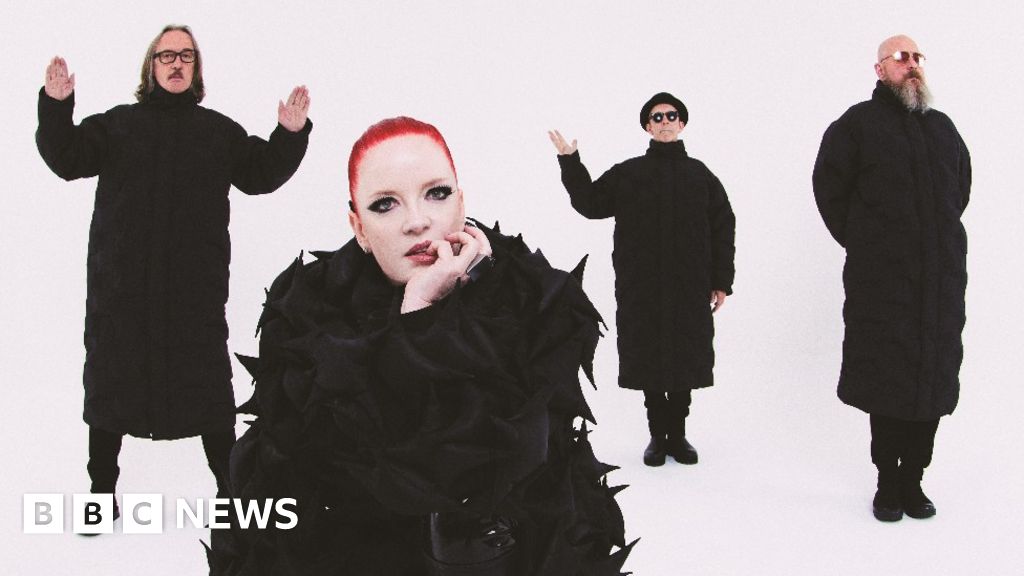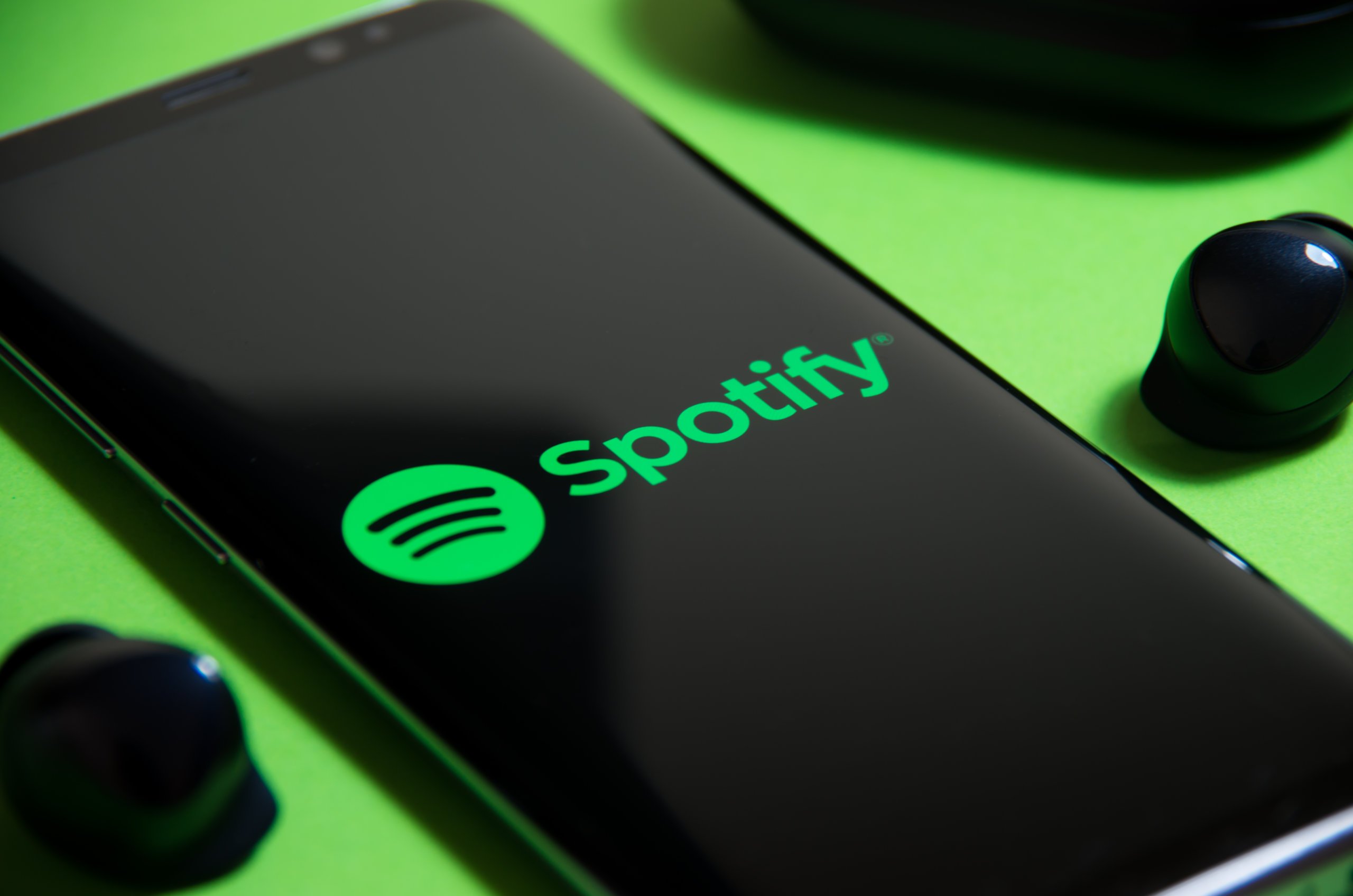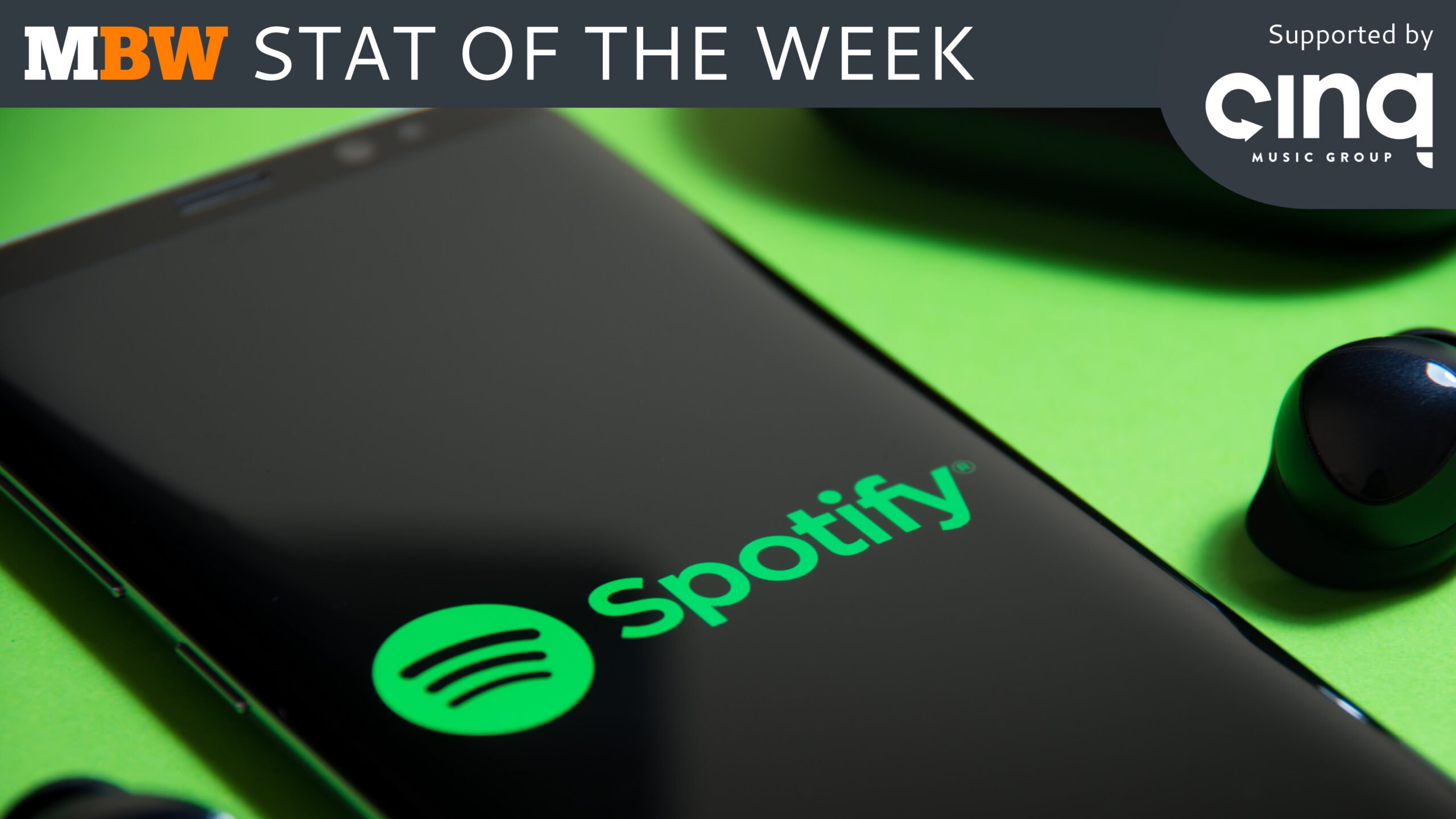My family are absolutely steeped in sound recording and technology. My Grandad was involved in the design of the BBC BC1 Monitor speakers and we have a prototype pair sitting at my parent's house. He worked for the BBC from 1958-1988 and followed everything until he died a couple of years ago at 92. He was working on digital audio in the late 70s when it was a brand new concept. He had his hands in everything...Growing up, my dad had a reel to reel and later on got a whole ADAT system with a mixing board and whatnot. I was lucky to have some access to multitracking recording growing up for sure, it taught me alot and at that time it wasn't a common thing aside for some 4 track recorders.
Now, everyone has a home recording studio of some kind (big or small), no wonder we have such content saturation. You can see it the in the budget kits got better...globalization (for better or worse), made these thing far more accessible and affordable. You can make music without learning an instrument either. On top of this, the competing media of modern tech...even more media saturation, more so than any time in human history. Pretty tough to cut through the noise.
Natural selection would say for music, the media needs to evolve to something far more exclusive to cut this noise. Maybe that means have VR body suit experiences at music shows or changing what an album is in the classic sense (or always have it combined with other media like movies or animimation with a new technological front). Just some wild ideas....but part of the art is creative solutions and it hasn't found its self other than repeating legacy formats of yesteryear that are just lost. Nature says either evolve or die.
I'm having a flashback of CD burners in 1997...remember when getting a 4x was like Ferrari? And just like dual tape decks, everyone was primed to this concept since more or less many people traded with their friends without much thought....until is got ridiculously easy like the Napster thing, seemed like a line got a crossed. And not to be an old fart, but there is a notable generation difference that expects 'free' media without a second thought that weren't even alive at this time...the attitude now is more like an expected 'why isn't it all free' is what I gather.
I think he would have been the first to say that technology and artistry move in a locked step. I would entirely agree with that. As the technology evolves, so must the industry and so must artists. I don't so much believe in 'cutting through the noise' as much as wildly embracing the wider democratisation of the industry. A lot of rubbish is made but so is a lot of interesting music that would never have left the bedroom 30 years ago and I think we're all the richer for it. It's simply a case of learning to curate your own taste.
This does mean that there's a smaller chunk of the pie for many artists - but those artists may never have had any part of the pie at all in the past because their music would never have been released to a wide audience and if it was, it would have been through underground casette scenes (which still exist, incidentally).
The major labels got complacent and thought that their hegemony over distribution with physical media would continue, despite the presence of the Internet. They were wrong and now the people making the most money out of music are technology companies like Spotify (and I don't use Spotify for a number of reasons - including ethical) and Apple (who I do buy music from regularly and their streaming service does tend to pay more than Spotify). Digital music distribution completely sideswiped the major labels and it took Sean Parker and Napster to make them realise that digital music distribution was the future and that there was a market for it.
Streaming comes in much later. Do I stream music? Sometimes. I have an iPod Classic that I still use regularly and I prefer buying the file and downloading it to my device where possible but there are also times when I really want to listen to a particular artist and don't happen to have that album to hand - or I haven't bought it yet. I do usually buy anything I stream more than a handful of times but I know that attitude isn't prevalant and I have a level of disposable income. When I was a teenager I did pirate music on occasion but anything I liked I have since purchased in one format or another. I own casette tapes, reel-to-reel tapes (no way of playing them), CDs, a modest amount of vinyl and a range of devices, speakers and headphones to listen to them.
I care that artists get paid fairly for their work and I care that artists are able to put their work out there on services like Bandcamp without needing a distributor. It may not get them many sales or a huge audience but I've discovered dozens of interesting, independent artists online and spent many hours listening to digital dowloaded albums I've bought from these artists. Sometimes I also buy physical media from them when it's available. There's also a Bandcamp page for my own work and I have offered physical media from there too.
It's a much wider industry now than it has ever been and I'm all the more grateful for it. The joy of discovering an underground artist on Bandcamp and exploring their catalogue by streaming some of their tracks, then purchasing their music never goes away and it has hugely enriched my life, opening up possibilities and genres that I would never have thought to listen to.
I'm not upset about the decline of major labels. They're still out there, still dominating the charts and that's fine. Taylor Swift managed to get all ten top-ten slots on the Billboard Hot 100 the other day, so you can't exactly claim that major labels are dead. It's just that had they managed to get an early start - like Apple did - they'd be making a Hell of a lot more money now than they do.




